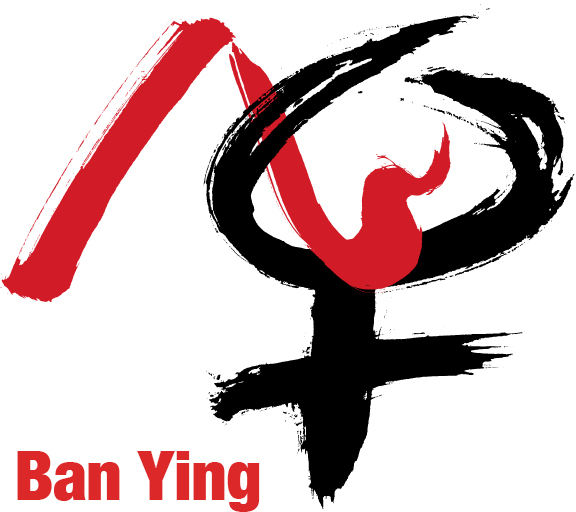Human Rights and Advocacy
Our approach
At the current time, the topic of human trafficking is under discussion as a matter of great priority in almost all countries of the European Union. Unfortunately, it appears from the emphasis of these discussions that those affected have little to expect from them. Attention is focussed wholly and exclusively upon the migration process and not upon the protection of those affected. In addition to this, the topic of human trafficking is often exploited as a means of justifying the imposition of restrictions upon migration. We find this unacceptable from a human rights perspective.
The best way to prevent human trafficking would be to allow migrants to work legally, including in prostitution. We believe that restrictive immigration controls are partly responsible for the existence of human trafficking.
There is obviously a demand for labour, both in prostitution as well as in other industries. On the other hand, there are people who are prepared to migrate and willing to carry out this work. It is incomprehensible why Western European states do not make this possible.
The German Immigration Act provides a framework for reacting appropriately to this demand. Unfortunately, the government has neglected to take advantage of this possibility. Although channels of migration have been created for highly qualified workers, only very limited possibilities are open to potential workers in other areas.
Training seminars for public sector employees
Those affected by human trafficking are not only traumatised victims of a crime, in many cases they have also violated residence laws meaning that they may also be regarded by law enforcement authorities as criminals themselves. This contradictory situation, along with the fact that their statements to the police are often the only evidence in criminal proceedings, means that a lot depends upon their credibility as witnesses during criminal proceedings. As a result, one of the aims of our human rights work is to sensitise public sector employees who come into contact with people affected by human trafficking to the vulnerability of these traumatised individuals to institutionalised racism and negative attitudes towards prostitutes.
Ban Ying e.V. offers regular training seminars on these topics in cooperation with the Berlin police and the Senate Department for Women’s Issues.
Research and analysis
As the only coordination and counseling center working to combat human trafficking in Berlin, we adopt a gender and human rights oriented approach in our research and analysis work. The combination of our various areas of activity allows us to obtain permanent feedback from the field of practise, thereby enabling us to identify the main issues affecting the women we work with and analyse their specific needs. In addition to this, we conduct narrative interviews with women affected by human trafficking, observe and document court proceedings, and carry out anonymised evaluations of this information. Our work on women’s rights has already led to several publications.
